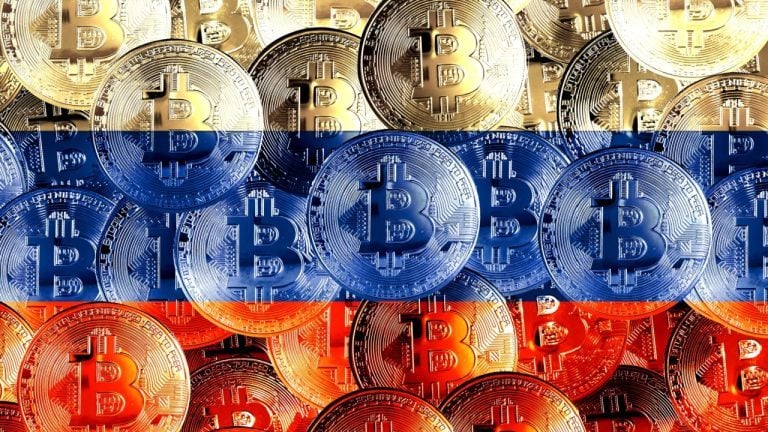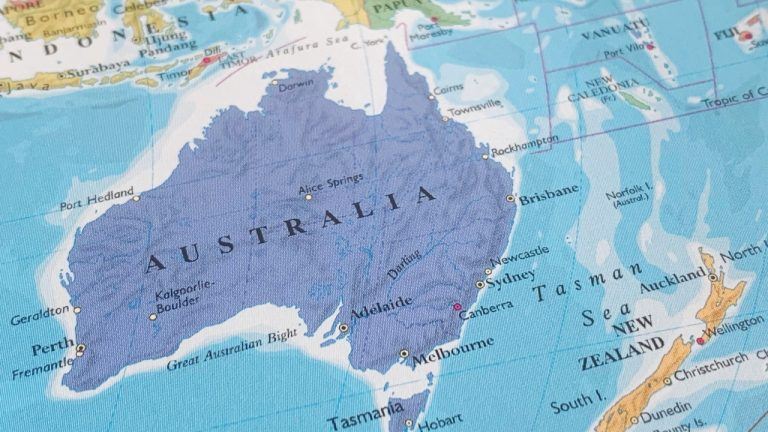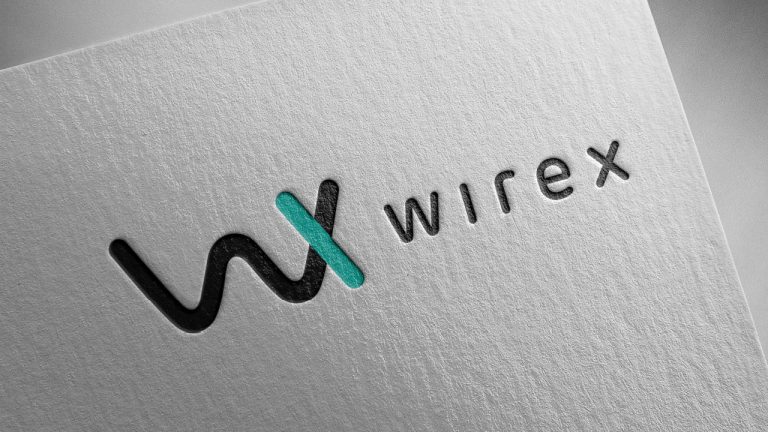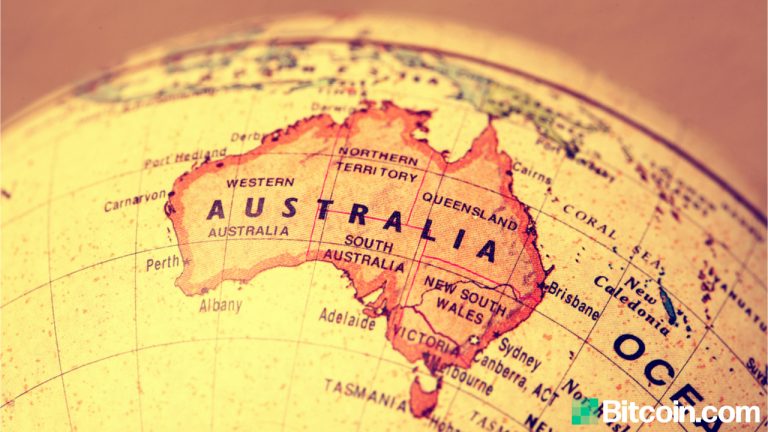
The Asia-Pacific region has key potential to lead in Web3 and artificial intelligence innovation.
Opinion by: J.D. Seraphine, founder and CEO of Raiinmaker
APAC has captured global attention as a region and is establishing itself as a trailblazer in crypto and Web3 adoption, with India, Vietnam and Indonesia leading the pack. As this momentum builds, a pressing question looms: Is APAC on the brink of shaping the future intersection of Web3 and artificial intelligence, or is the dream just too lofty to realize?
Asia’s technological journey is as complex as it is compelling. The region is home to vibrant digital economies and a dynamic developer base. Fragmented regulatory environments and infrastructure gaps continue to pose formidable challenges. With solid policy foresight, a growing developer base, high market adoption and rapid innovation, APAC’s potential to merge the power of Web3 and AI can redefine the global digital landscape as we know it.









